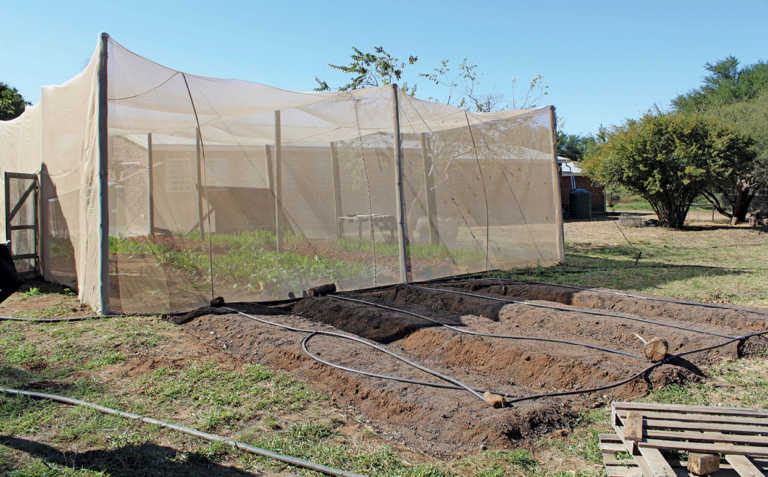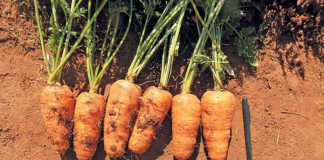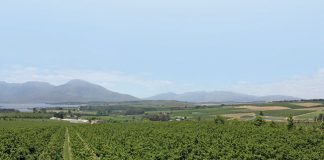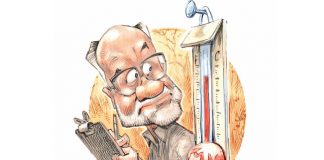
Photo: Lindi Botha
It has failed because the beneficiaries of the numerous transformation plans and initiatives did not receive adequate training and support to help them succeed.
This is also why transformation will continue to fail. It seems as if all of government’s energy is going into making an unnecessary change to the Constitution, which will supposedly make it easier to transfer land to black people to ultimately accelerate transformation and economic empowerment.
While I find the broader economic and socio-economic impact that expropriation without compensation will have on South Africa very worrying, my main concern is that the sudden transfer of vast amounts of land from the haves to the have-nots will do very little to truly change the lives of the poor.
This is because what many poor and unemployed people in South Africa lack most is not access to land, but access to proper education.
In the 24 August issue of Farmer’s Weekly, we feature the Hoedspruit Hub Agricultural Training Centre, which provides commercial skills training programmes, practical courses to assist small-scale farmers, and funding for education of the unemployed in surrounding communities.
Carien Taute, business manager for the centre, says in the article that when it comes to equipping farmworkers with the skills they need to step up from supervisor to junior manager, one of their greatest shortcomings is in problem-solving and communication management skills.
Additionally, she says, the centre is often “dumbfounded” at how little understanding there is of basic mathematics.
“Originally, we thought it was something that could be covered in a day, but we’ve ended up spending a week on teaching trainees how to do basic sums to work out things like trees/ha and multiplying quantities of chemicals. The level of education and literacy depends on which school trainees have been to. Some have finished matric, yet can’t perform the most basic maths. The schooling system has failed the people,” she says.
The 2017/2018 World Economic Forum (WEF) Global Competitiveness Report ranked South Africa 128th out of 137 countries for the quality of its mathematics and science education.
And if you are one of those who are sceptical of the method used by the WEF to determine these rankings, consider the 2015 Trends in International Mathematics and Science Study Report for Grades 5 and 9 instead, in which South Africa ranked 45 out of 48 countries for mathematics achievement in Grade 5, and 38 out of 39 countries in Grade 9.
In our quest to provide a better future for all South Africans, and especially the previously disadvantaged who suffered under apartheid’s skewed education system, we are failing to succeed with what should be the first step.
For as long as South Africa continues to offer its children a woefully inadequate education, all the other steps government tries to take to address the so-called triple challenge of poverty, unemployment and inequality will fail every time.











